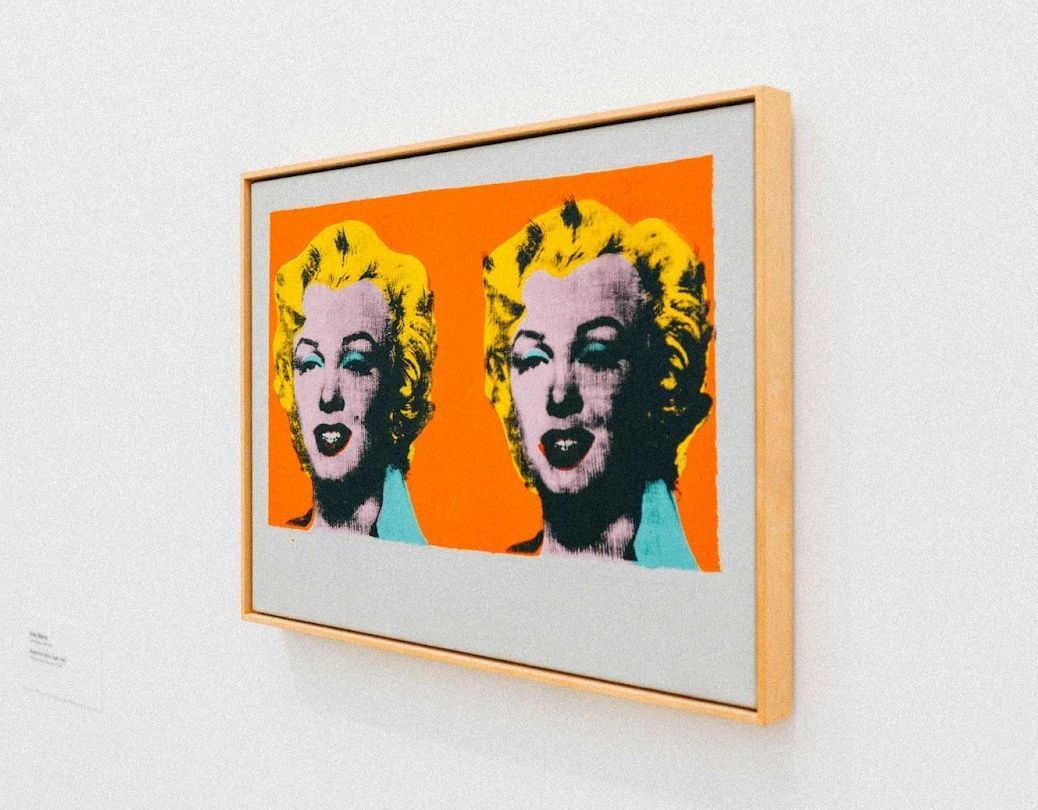Go beyond red, green, and blue
How would you call a color that is blacker than black? Unusual Colors 101
Published on August 14, 2025
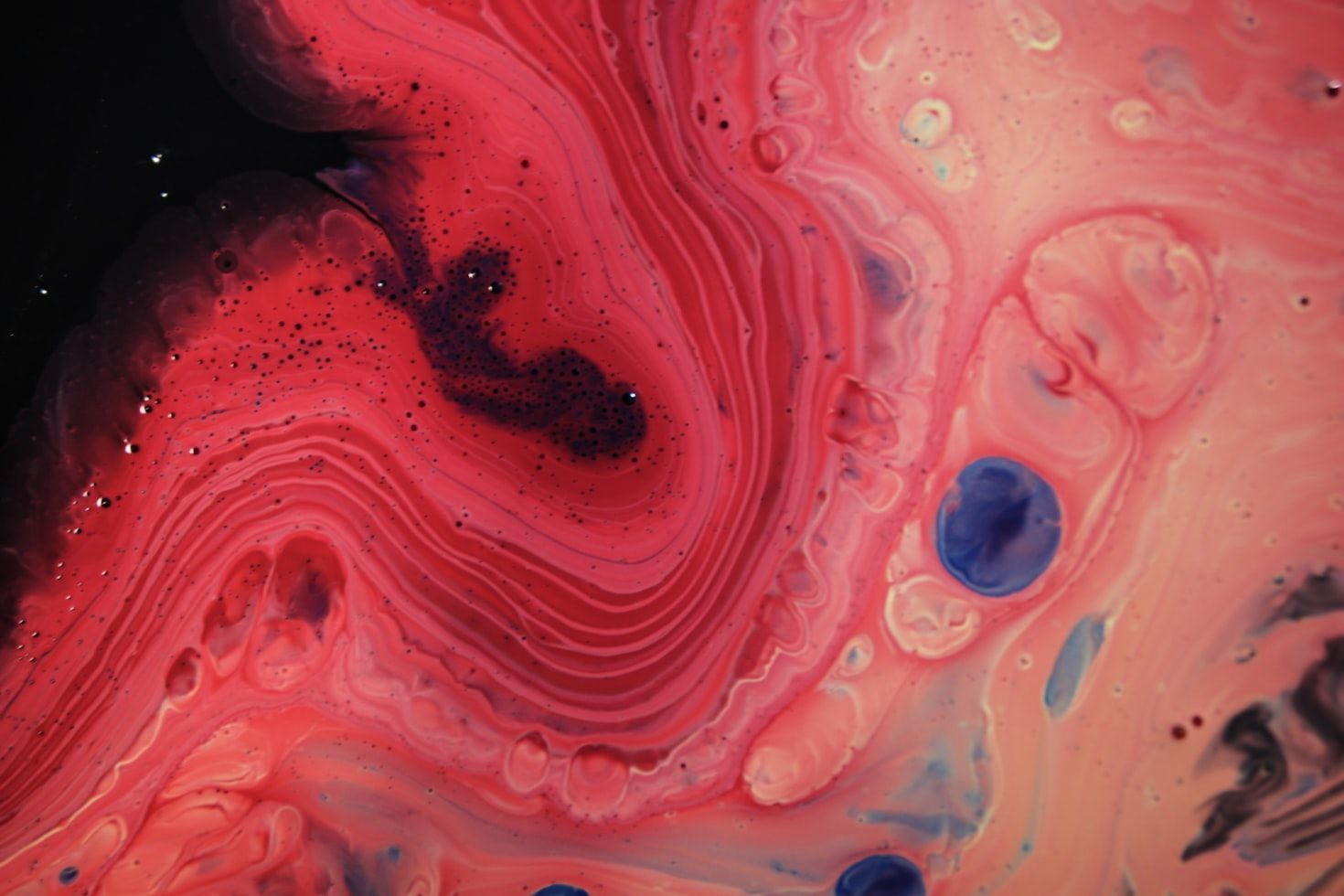 Credit: Adrien Converse
Credit: Adrien Converse
In this day and age, when you can ask for anything online as long as you can express it in words, it is important to be specific about what you are looking for. Colors are no exception. Take a look at the following 12: Did you know that any of these existed?
Gamboge
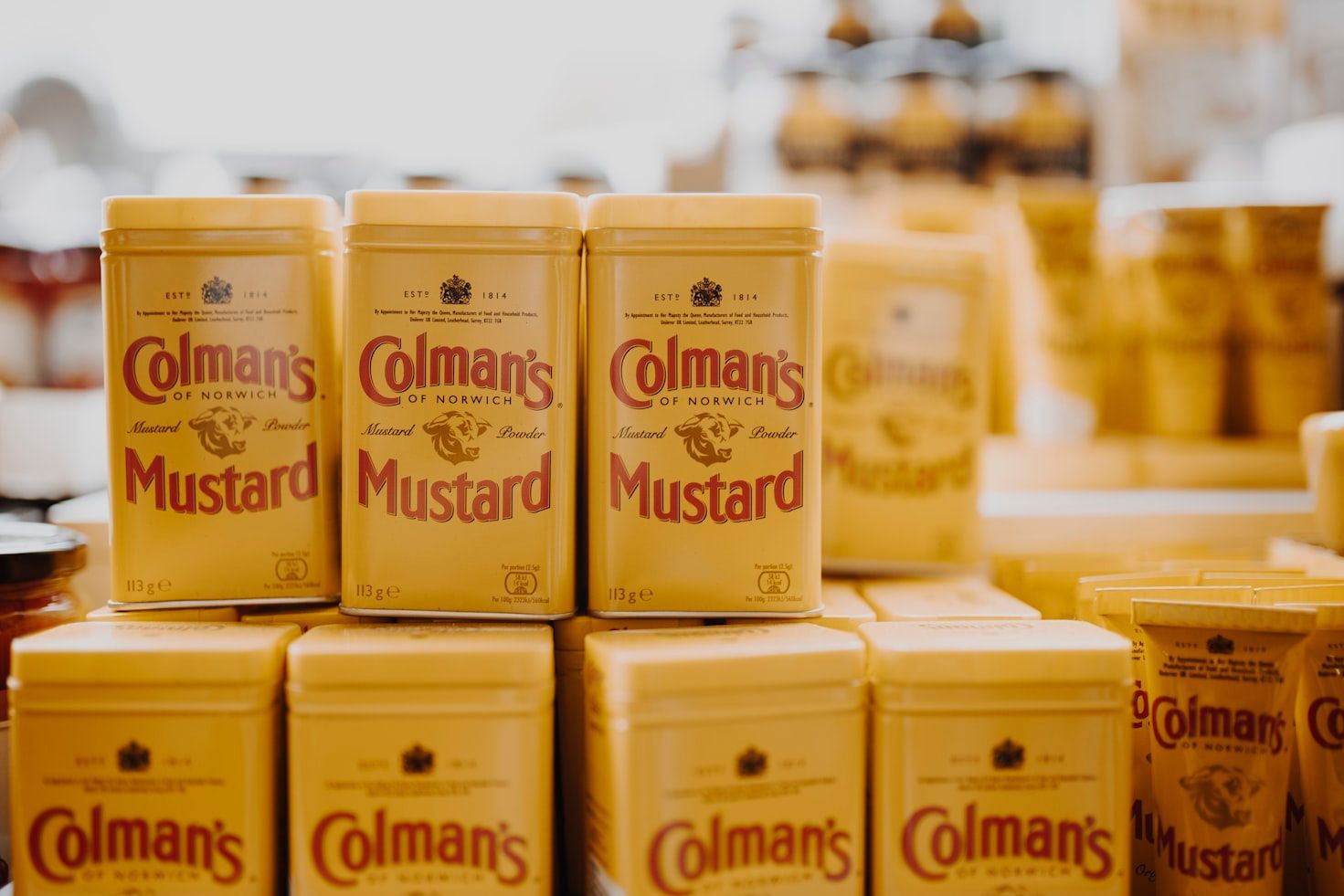 Credit: Simona Sergi
Credit: Simona Sergi
The first entry on our list goes to this mustard-like yellow or yellow-orange color named after a gum resin of similar tone, extracted from a Cambodian tree. The word Gamboge itself comes from the Modern Latin cambogium, which is the Latin version of the place name Cambodia.
Ultramarine
 Credit: Sindy Süßengut
Credit: Sindy Süßengut
The name itself is very evocative of its nature, as it makes us think of the deep blue seas. But the ultramarine color’s name comes from the Medieval Latin word that means "beyond the sea" because the pigment employed to make this dye, called lapis lazuli, was imported to Europe from Asia.
Tyrian purple
 Credit: Taylor Friehl
Credit: Taylor Friehl
If you are looking for a purplish-red tone, the Tyrian purple might be just what you need. This particular color was highly valued during the Byzantine Empire, in part because of how difficult it was to obtain. The base to create this shade of purple was in the secretions of a predatory sea snail. Definitely not an easy task if you need a lot of pigment.
Cerulean
 Credit: Nilendrajyoti Halder
Credit: Nilendrajyoti Halder
The second unusual blue tone in our list, cerulean, can also be called a "deep blue", but you’ll find it if you look up, as it is described as "sky blue." The word "cerulean" comes from the Latin caeruleus, meaning "dark blue."
Greige
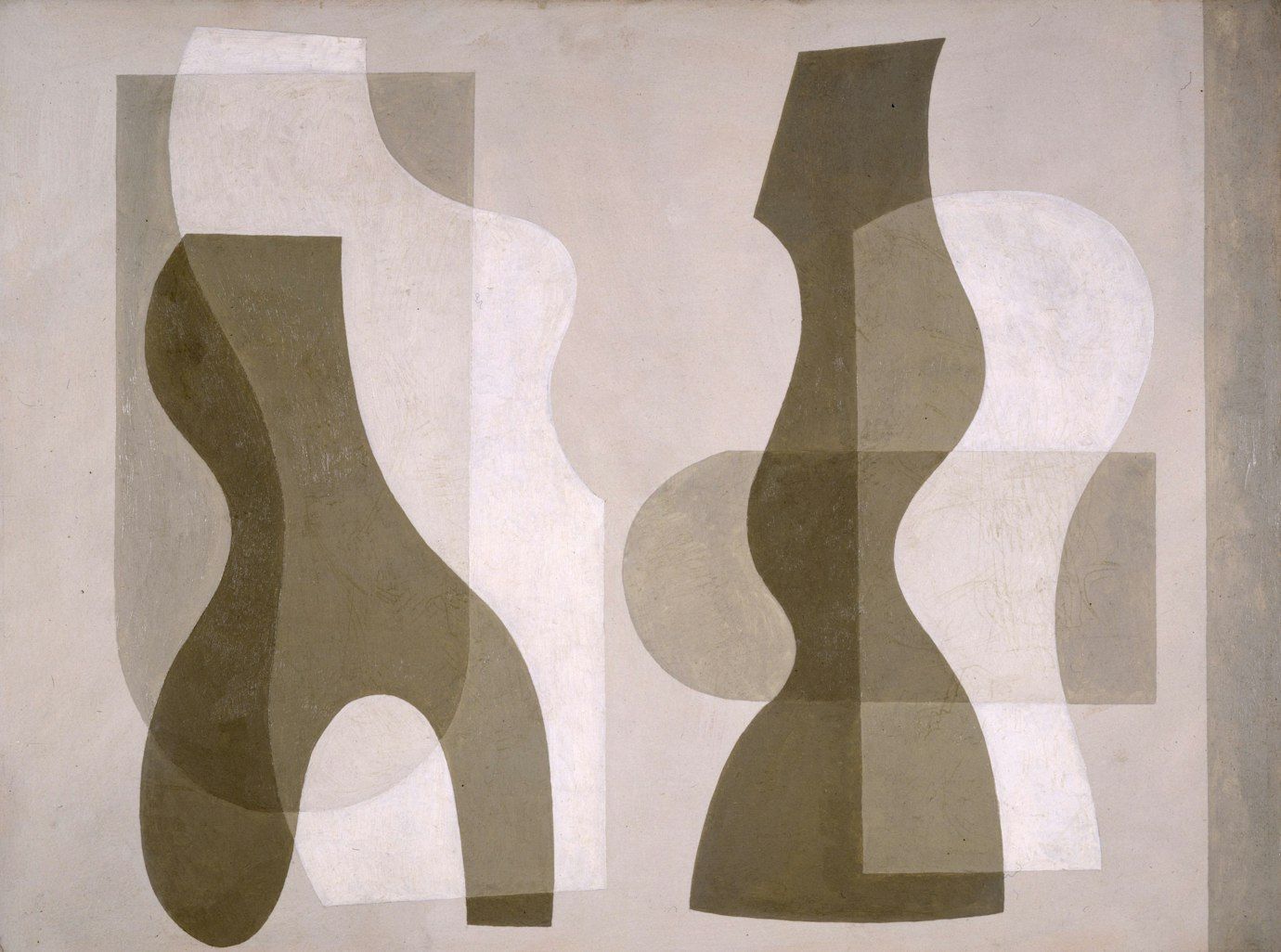 Credit: irmingham Museums Trust
Credit: irmingham Museums Trust
The word brings to mind a mixture of beige and grey, and that is no mistake. The color is much older than one would expect, with references to it in the English language going back as far as 1925.
Citreous
 Credit: Elena Kloppenburg
Credit: Elena Kloppenburg
While citric fruits include other colors, like orange, the word citreous refers specifically to a "greenish-yellow" color associated with lemons and limes.
Ponceau
 Credit: Sincerely Media
Credit: Sincerely Media
Which word would you use to describe the color of a sunset? Orange? Red? There is a word for such a color, and it is ponceau. It is described as "a vivid reddish-orange color."
Puce
 Credit: Erik Karits
Credit: Erik Karits
The word puce means "flea" in French. And, yes, the puce color is a dark or brownish purple, not unlike the color of a flea. Perhaps not the most enticing or flattering color name but still, a unique color nonetheless.
Atrovirens
 Credit: Heather Wilde
Credit: Heather Wilde
Another color name that comes from Latin, atrovirens is also the name of a coniferous tree. It refers to a dark green or a deep teal, not unlike the one found in these types of pyramid-shaped trees.
Sarcoline
 Credit: Katelyn Greer
Credit: Katelyn Greer
Most people are used to saying "flesh color" when it comes to describing a color that is similar to a pale skin tone, but there is a more accurate word for it: sarcoline.
Eburnean
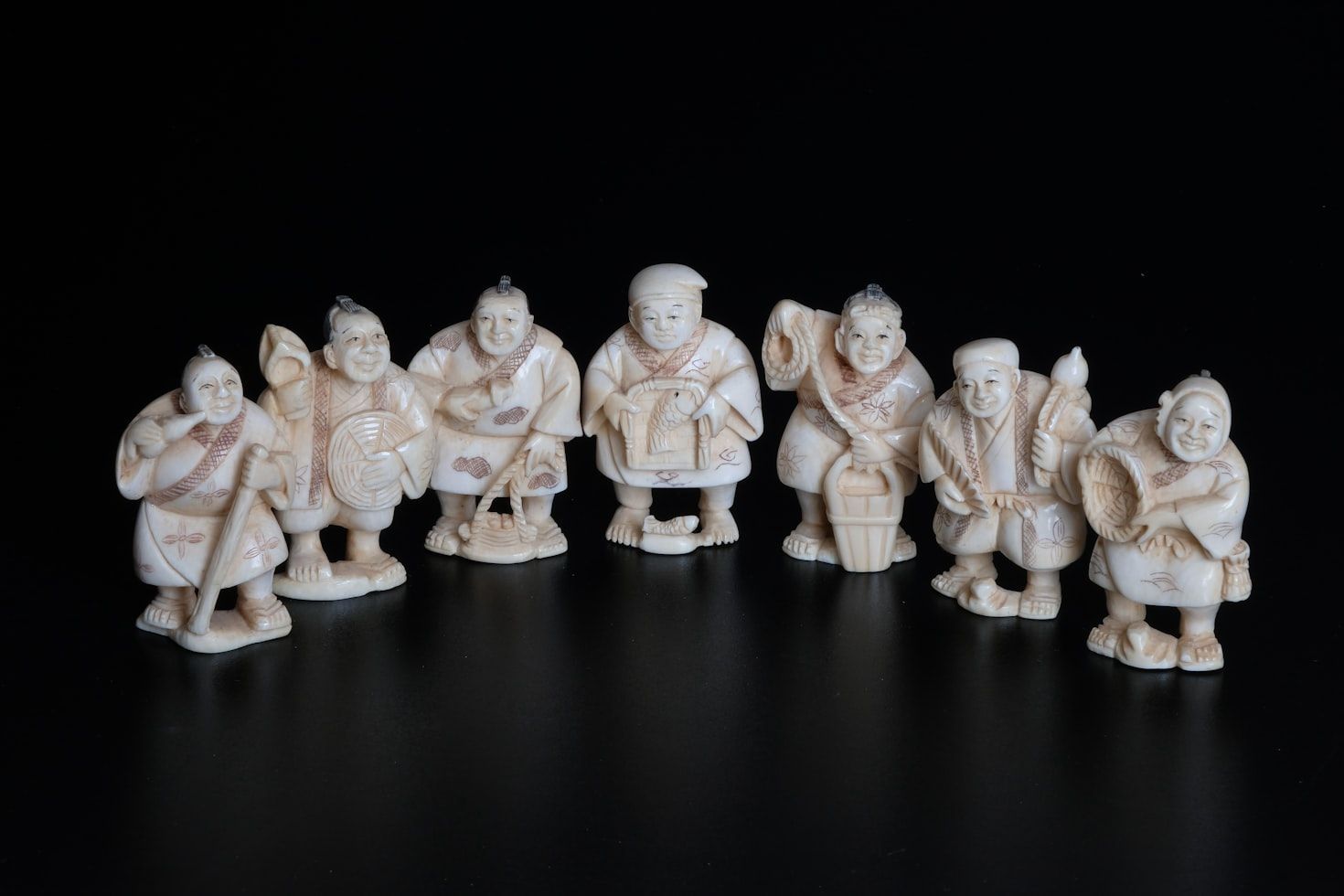 Credit: Daniele Levis Pelusi
Credit: Daniele Levis Pelusi
A word that is seldom used these days but that describes a much-used color, even if it's named differently. Eburnean is something that is ivory in color. This off-white color is created by adding a touch of yellow to white.
Vantablack
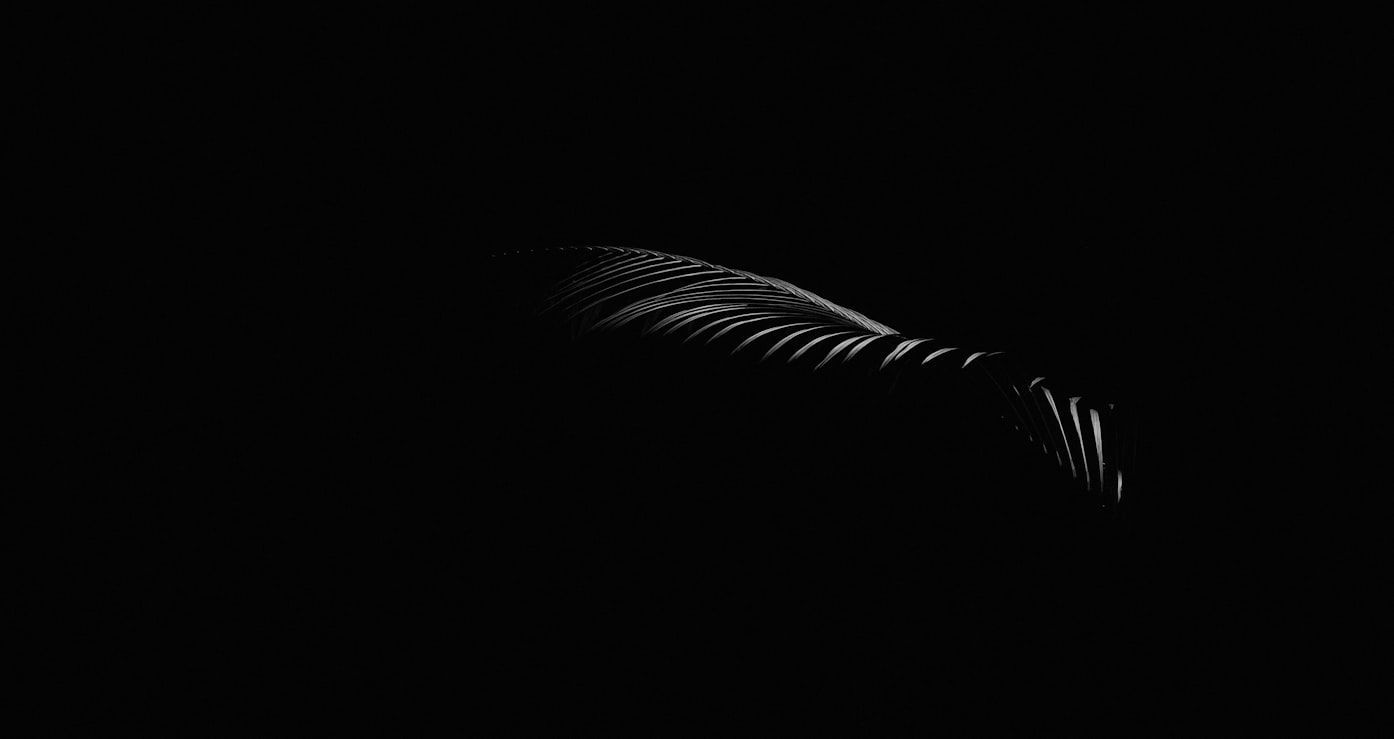 Credit: Ronaldo de Oliveira
Credit: Ronaldo de Oliveira
A color that everybody thought already existed until they saw it, Vantablack is one of the closest colors to black… without being solid black. Vantablack pigment is the darkest man-made substance in the world because it absorbs almost all visible light.






